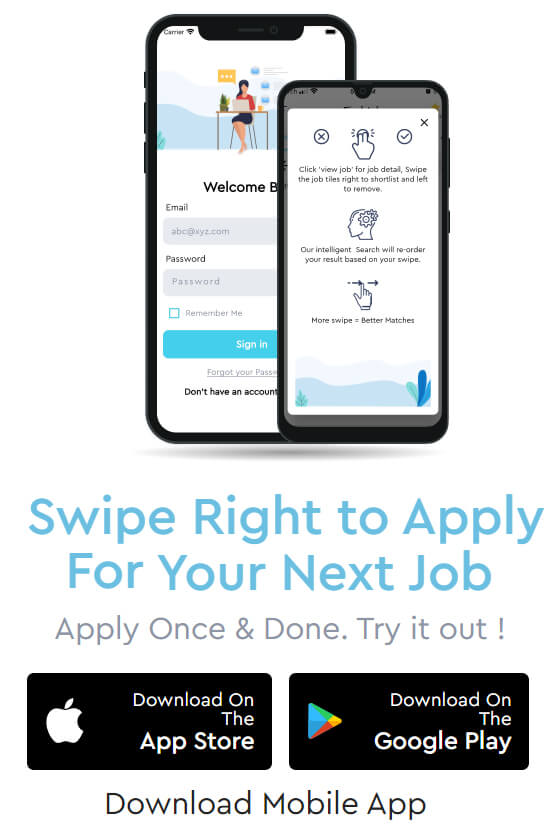Workforce Planning Analyst Apply
THIS JOB CAN BE FOUND ON OUR EXCLUSIVE JOB BOARD , IT IS NOT A DIRECT ROLE AT AUGMENT JOBS.
Job Summary: The Workforce Planning Analyst is responsible for analyzing and forecasting workforce needs to ensure that the organization has the right talent in place to meet its strategic goals. This role involves gathering and analyzing data related to staffing levels, turnover, productivity, and other key metrics to develop workforce plans and recommendations. The Workforce Planning Analyst works closely with HR leadership and business units to align workforce strategies with organizational objectives and optimize talent management practices.
Key Responsibilities:
-
Workforce Data Analysis:
- Collect, analyze, and interpret workforce data, including headcount, turnover rates, hiring trends, and employee productivity metrics.
- Develop and maintain workforce dashboards and reports to provide visibility into current staffing levels, workforce composition, and future needs.
- Identify trends and patterns in workforce data to inform decision-making and highlight areas for improvement.
-
Workforce Forecasting and Planning:
- Develop workforce forecasts based on historical data, business trends, and strategic objectives.
- Work with HR leadership and business units to create short-term and long-term workforce plans that align with organizational goals.
- Provide insights and recommendations on staffing levels, talent acquisition needs, and succession planning based on forecasted workforce demand.
-
Scenario Modeling and Analysis:
- Conduct scenario modeling to assess the impact of different workforce strategies and changes in business conditions (e.g., expansion, downsizing, market shifts).
- Evaluate the potential outcomes of various workforce planning scenarios and provide recommendations for optimal workforce strategies.
- Assist in the development of contingency plans to address potential talent shortages or surpluses.
-
Collaboration with Business Units:
- Partner with business units to understand their specific workforce needs, challenges, and strategic priorities.
- Provide data-driven insights and support to help business units plan for future talent requirements and manage workforce transitions.
- Facilitate cross-functional collaboration to ensure alignment between workforce planning and business objectives.
-
Talent Management and Optimization:
- Analyze workforce utilization and productivity to identify opportunities for optimizing talent deployment and maximizing efficiency.
- Support the development of talent management strategies, including succession planning, career development, and employee retention initiatives.
- Monitor the effectiveness of talent management programs and recommend adjustments based on workforce data and trends.
-
Reporting and Communication:
- Prepare and deliver regular reports, presentations, and dashboards on workforce planning metrics, forecasts, and recommendations to HR leadership and business stakeholders.
- Communicate complex data and analysis results in a clear and actionable manner to non-technical audiences.
- Develop custom reports and analyses to address specific workforce planning questions or challenges as needed.
-
Compliance and Risk Management:
- Ensure that workforce planning practices comply with relevant labor laws, regulations, and organizational policies.
- Identify and mitigate potential risks related to workforce planning, such as talent shortages, skills gaps, and regulatory compliance issues.
- Maintain up-to-date knowledge of workforce planning best practices, labor market trends, and regulatory changes.
-
Continuous Improvement:
- Stay current with industry trends, best practices, and emerging technologies in workforce planning and analytics.
- Participate in professional development and training to enhance workforce planning skills and knowledge.
- Contribute to the continuous improvement of workforce planning processes, tools, and methodologies.
Qualifications:
- Bachelor's degree in Human Resources, Business Administration, Data Analytics, or a related field.
- 3-5 years of experience in workforce planning, data analysis, HR analytics, or a related role.
- Strong proficiency in data analysis tools and software, such as Excel, SQL, Power BI, Tableau, or similar platforms.
- Solid understanding of workforce planning principles, talent management practices, and HR processes.
- Excellent analytical and problem-solving skills, with the ability to translate data into actionable insights.
- Strong communication skills, with the ability to present complex data in a clear and concise manner to non-technical stakeholders.
- Attention to detail and a commitment to data accuracy and integrity.






